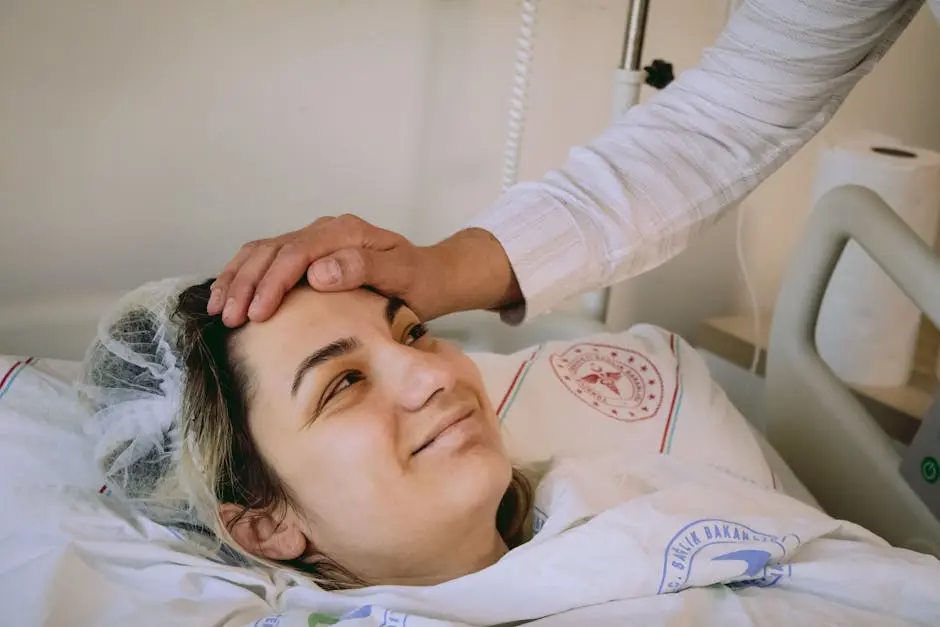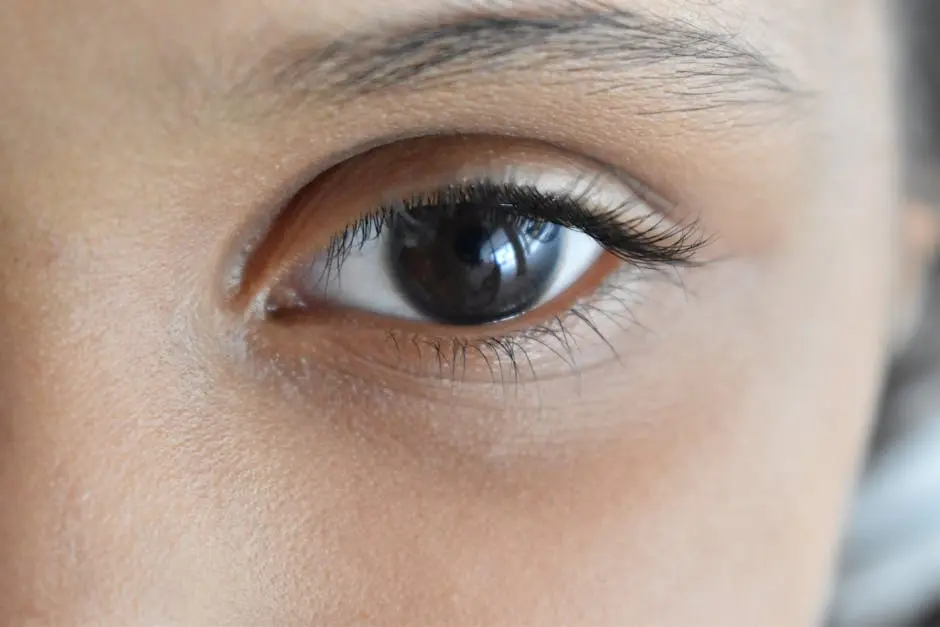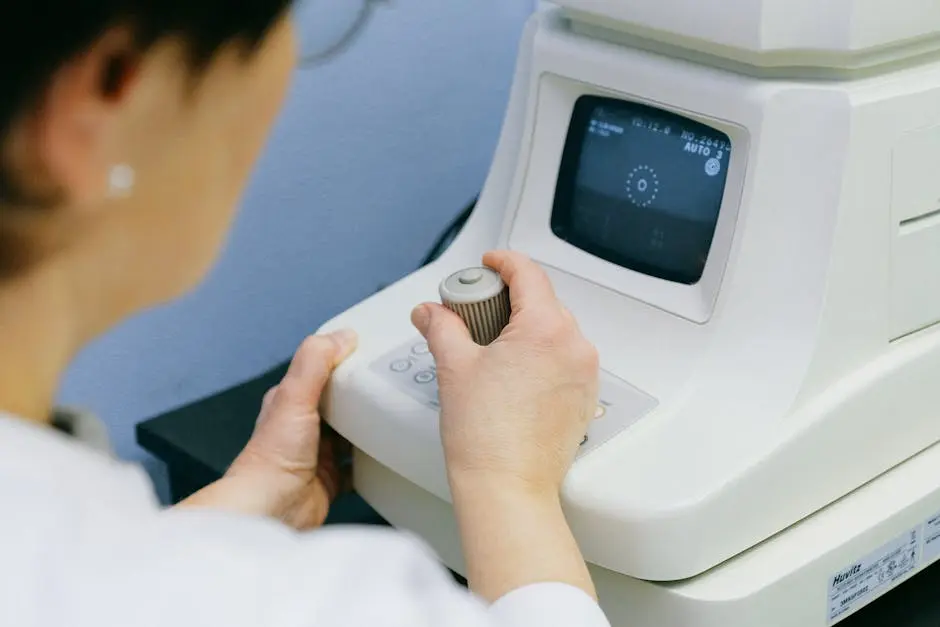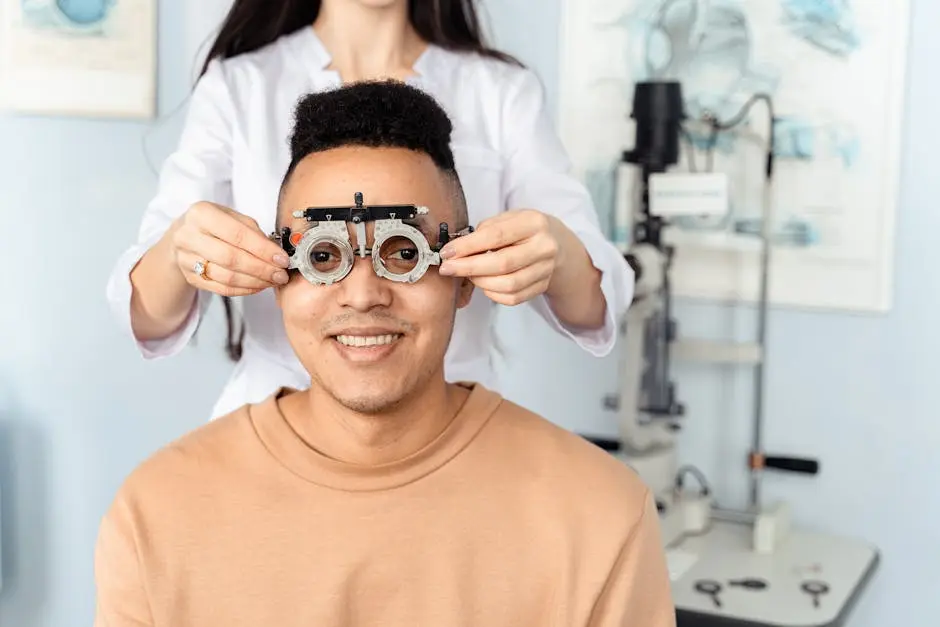9 Tips for a Smooth Cataract Surgery Recovery
Cataract surgery can be a big step on your journey to clearer vision. Ensuring a smooth recovery is crucial for the best outcome. Here are some friendly and easy-to-follow tips to help you through the process.
1. Resting Your Eyes
Giving your eyes plenty of rest post-surgery can prevent strain and promote healing. Allocate time daily for short breaks from screens and activities that require intense focus.
It’s essential to create a restful environment at home to support your recovery. Ensure your living space is comfortable and soothing. You might find it helpful to dim the lights or use soft lighting to avoid irritating your eyes. Incorporating moments of mindfulness or meditation can also be beneficial, as these practices can reduce stress and encourage healing. Remember, your eyes need a gentle routine to recover and regain their strength, so allow them the opportunity to do so.
In addition to physical rest, consider giving your eyes a mental break. Engage in calming activities such as listening to audiobooks or gentle music. Avoid activities that require intense concentration or are visually demanding, like extensive reading or long periods of screen time. Balancing physical and mental relaxation will significantly aid the healing process, allowing your eyes to gradually adjust to their post-surgery state without unnecessary strain.
2. Avoiding Heavy Lifting
Avoid lifting heavy objects as this can increase pressure in your eyes, hindering recovery. Instead, ask for assistance or postpone heavy tasks until your doctor approves.
While avoiding heavy lifting may seem simple, it can have a profound impact on ensuring a successful recovery. Any sudden increase in physical exertion can elevate blood pressure, which might affect the healing of your surgical site. Therefore, even if tasks seem manageable, it’s wise to err on the side of caution. Tasks such as vacuuming, lifting grocery bags, or even moving furniture should be done by someone else or postponed until you’ve got the all-clear from your healthcare provider. Recovery is a gradual process, and patience is a critical element of it.
3. Wearing Protective Eyewear
Protective eyewear, like sunglasses or the provided shield, is essential to guard your eyes against bright lights, dust, and potential injury during the recuperation period.
During the first few weeks post-surgery, your eyes will be particularly sensitive to light and susceptible to external irritants. Wearing protective eyewear whenever you are outdoors or in bright environments is crucial. Sunglasses with a high protection factor can prevent UV rays from causing further irritation. In addition, using the shield provided by your medical professional during activities like sleeping or showering adds an extra layer of safety. Remember, taking simple precautions today can ensure healthier eyes tomorrow.
Furthermore, the use of protective eyewear serves not only a physical purpose but can also provide psychological comfort. Knowing that your eyes are shielded can help alleviate anxiety about potential mishaps or additional injuries. Whether you’re a frequent outdoors person or someone who simply enjoys a stroll in the sun, having the confidence that your protection measures are in place can significantly boost your peace of mind during this healing time.
4. Following Doctor’s Orders
Ensure you adhere to all post-operative instructions given by your doctor. This includes medication schedules, follow-up appointments, and any specific care guidelines they provide.
Your doctor’s orders are tailored specifically for you, based on your health conditions and the nature of your cataract surgery. It’s important to maintain accurate adherence to medication schedules to prevent infections and support optimal healing. Should you have any questions about your care routine or experience any unusual symptoms, don’t hesitate to contact your healthcare provider for clarification. Your doctor is your best ally on this recovery journey.
5. Eating a Nutrient-rich Diet
A nutrient-rich diet can support healing. Incorporate foods high in antioxidants and omega-three fatty acids, like leafy greens and fish, to aid your recovery.
In addition to supporting eye health, a balanced diet can improve your overall immune response, making it easier for your body to recover from surgery. Consider incorporating fruits rich in Vitamin C, such as oranges and berries, as these can promote wound healing. Nuts and seeds also offer beneficial properties, packed with Vitamins E and zinc. By embracing a holistic approach to nutrition, you’re not just caring for your eyes but contributing to your overall well-being.
6. Staying Hydrated
Proper hydration supports overall health and can aid in recovery. Aim to drink plenty of water daily to keep your eye tissues well-hydrated.
Maintaining hydration is more than just quenching thirst; it’s an integral part of ensuring sufficient tear production and eye lubrication. Dry eyes can be a common post-operative issue, and staying hydrated can help mitigate this problem. Consider hydrating foods like cucumbers, melons, and soups as part of your diet. Listen to your body, and make it a routine to sip water regularly rather than wait until dehydration symptoms appear.
7. Attending Follow-up Appointments
Keep all scheduled follow-up appointments with your eye doctor. These visits are crucial for monitoring your recovery progress and addressing any concerns promptly.
During follow-up appointments, your healthcare provider will check for any signs of complications and adjust your care plan as needed. These visits are also an excellent opportunity to ask questions and discuss your recovery progress. Being proactive and attentive during your follow-up care can not only help identify potential issues early but also provide you with peace of mind as you navigate healing.
8. Avoiding Rubbing Your Eyes
Refrain from rubbing or applying pressure to your eyes. Doing so could disrupt the healing process or introduce infection.
Understanding the temptation to rub your eyes is natural, especially if there’s a sensation of itchiness or irritation. However, the post-surgery recovery phase is crucial for the graft or incision to set, hence why repeated touch can be detrimental. If discomfort arises, consult your doctor for approved methods to ease this sensation, such as using prescribed drops or applying a cold, gentle compress. Remember, healing is a delicate process that requires time and care.
9. Maintaining a Positive Outlook
Maintaining a calm and positive mindset can significantly impact your recovery. Engage in gentle activities like reading or listening to music to keep your spirits high.
Psychological well-being is tightly linked to physical health. After cataract surgery, finding joy in simple activities can provide comfort during recovery. Consider exploring new auditory experiences, such as podcasts or audiobooks, which require minimal eye strain yet offer enriching content. Set small, achievable goals to track daily progress, and celebrate each milestone. Positivity not only enhances your outlook on recovery but also fuels motivation and resilience as you journey back to clearer vision.






